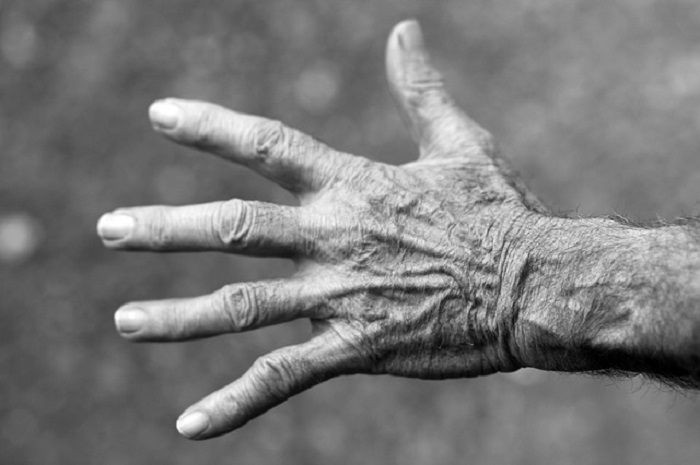Vitamin D Increases Risk Of Falls In Older Adults And Does Little To Prevent Functional Decline

Vitamin D is associated with many health benefits, including stronger bones and a lower risk of developing certain cancers. The vitamin is also thought to have a protective effect against cognitive decline among older adults with weakened or damaged hip, knee and ankle joints. But new research published online in JAMA Internal Medicine suggests otherwise.
Results from a clinical trial led by researchers at the University Hospital Zurich show that higher monthly doses of vitamin D offer no benefits on low extremity function among adults aged 70 and older. Instead, monthly doses were linked to an increased risk of falls among the group. "We expected that we would see more benefit by going to the higher doses of vitamin D," researcher Dr. Heike A. Bischoff-Ferrari told Time.
She continued: "Contrary to expectations, we found that actually the lowest dose was the most advantageous for any of the outcomes we looked at."
In the study, Bischoff-Ferrari and her team collected and analyzed data from 200 people, 58 percent of which were vitamin D deficient at the start of the trial. The group was randomly divided into three study groups with monthly treatments, including a low-dose control group receiving 24,000 IU (international units) of vitamin D; a group receiving a high dose of 60,000 IU of vitamin D; and another group receiving 24,000 IU of vitamin D, plus 300 mcg of the metabolite calcifediol; it's considered the best indicator of the body's vitamin D levels.
They found that of the cohort, 60.5 percent fell during the 12-month treatment period. The group that received high doses of vitamin D, as well as the group that received 24,000 IU of vitamin D plus calcifediol had a significantly higher percentage of fallers — 66.9 percent and 66.1 percent, respectively — compared to the group that received a low dose of vitamin D.
Although higher monthly doses of vitamin D were effective in helping participants reach a threshold of at least 30 ng/mL of 25-hydroxyvitamin D — the amount needed to sustain bone density, calcium absorption, and to minimize risk of conditions that lead to a softening and weakened of bones, per the Institutes of Medicine — they had no benefit on the function of lower extremities or reduced risk of falling.
"Compared with a monthly standard-of-care dose of 24,000 IU of vitamin D3, two monthly higher doses of vitamin D (60,000 IU and 24,000 IU plus calcifediol) conferred no benefit on the prevention of functional decline and increased falls in seniors 70 years and older with a prior fall event," study authors wrote. "Therefore, high monthly doses of vitamin D or a combination of calcifediol may not be warranted in seniors with a prior fall because of a potentially deleterious effect on falls. Future research is needed to confirm our findings for daily dosing regimens."
While high doses of vitamin D may not be associated with additional benefits, recent studies have shown that deficiency can result in an increased risk of multiple sclerosis and faster cognitive decline. And if you're not inclined to take vitamin D supplements, consider these D-rich foods.
Source: Bischoff-Ferrari H, Dawson-Hughes B, Orav E, et al. Monthly High-Dose Vitamin D Treatment For The Prevention of Functional Decline: a Randomized Clinical Trial. JAMA Internal Medicine. 2016.
Published by Medicaldaily.com



























